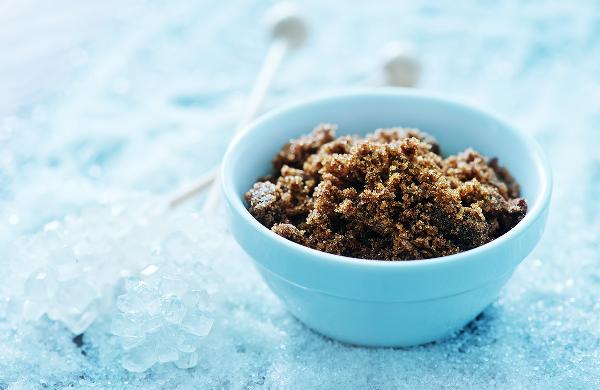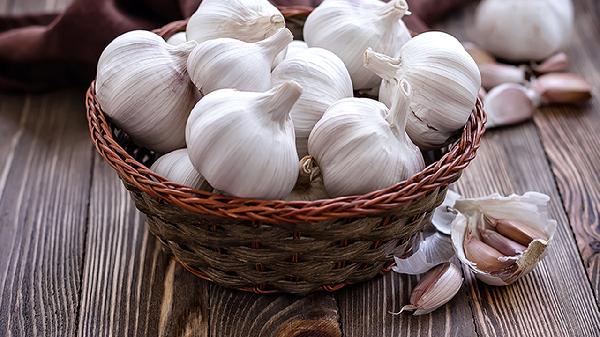If you're feeling down and out, your diet might be part of the problem—or the solution. Science shows that certain foods can actually help fight depression by boosting serotonin, reducing inflammation, and supporting brain health. Instead of reaching for another cup of coffee or a sugary snack, try adding these nine powerhouse foods to your plate to lift your mood naturally.
Fatty Fish: The Omega-3 Powerhouse
Salmon, mackerel, and sardines aren’t just delicious—they’re packed with omega-3 fatty acids, which are essential for brain function. Research suggests that people with depression often have lower levels of these healthy fats. Omega-3s help reduce inflammation, which has been linked to mood disorders, and they support the production of serotonin, the "feel-good" neurotransmitter. If you're not a fan of seafood, consider flaxseeds or walnuts as plant-based alternatives.
Dark Leafy Greens: The Mood-Boosting B Vitamin Source
Spinach, kale, and Swiss chard are loaded with folate, a B vitamin that plays a crucial role in brain health. Low folate levels have been associated with depression, and studies show that increasing your intake can enhance the effectiveness of antidepressants. These greens also contain magnesium, which helps regulate stress hormones. Toss them in a salad, blend them into a smoothie, or sauté them with garlic for an easy mood-lifting side dish.
Berries: Antioxidant-Rich Brain Protectors
Blueberries, strawberries, and blackberries are bursting with antioxidants that combat oxidative stress—a major contributor to depression. These tiny fruits also help regulate dopamine, a neurotransmitter tied to motivation and pleasure. Plus, their natural sweetness can satisfy sugar cravings without the crash. Add them to yogurt, oatmeal, or just snack on them fresh for a quick mental boost.
Fermented Foods: Gut Health Equals Mental Health
Your gut and brain are in constant communication, and an unhealthy gut microbiome has been linked to depression. Fermented foods like yogurt, kefir, sauerkraut, and kimchi are rich in probiotics, which promote a healthy balance of gut bacteria. A thriving gut microbiome can enhance serotonin production, since about 90% of this mood-regulating chemical is made in your digestive tract. Try incorporating a small serving daily to keep your gut—and mind—happy.
Nuts and Seeds: Tiny but Mighty Mood Stabilizers
Almonds, pumpkin seeds, and sunflower seeds are packed with magnesium, zinc, and healthy fats—all of which play a role in brain function. Magnesium deficiency has been linked to higher anxiety and depression risk, while zinc helps regulate neurotransmitter activity. A handful of nuts or seeds makes for a great snack that keeps your mood steady throughout the day.
Dark Chocolate: The Guilt-Free Mood Enhancer
Good news for chocolate lovers: dark chocolate (with at least 70% cocoa) contains flavonoids that increase blood flow to the brain and boost serotonin levels. It also has small amounts of caffeine and theobromine, which can provide a mild energy lift. Just stick to a square or two—too much sugar can backfire and worsen mood swings.
Whole Grains: The Steady Energy Source
Refined carbs like white bread and pastries can cause blood sugar spikes and crashes, leaving you irritable and fatigued. Whole grains—such as quinoa, brown rice, and oats—release energy slowly, keeping your blood sugar stable and your mood balanced. They’re also rich in B vitamins, which support brain function and help combat fatigue.
Eggs: The Protein-Packed Mood Regulator
Eggs are a fantastic source of protein, healthy fats, and choline—a nutrient that supports brain cell communication. They also contain tryptophan, an amino acid that helps produce serotonin. Whether scrambled, boiled, or poached, eggs make for a satisfying meal that keeps your energy and mood steady.
Turmeric: The Golden Anti-Inflammatory Spice
Curcumin, the active compound in turmeric, has powerful anti-inflammatory and antioxidant effects that may help alleviate depression symptoms. Some studies suggest it can boost serotonin and dopamine levels. Sprinkle it on roasted veggies, blend it into smoothies, or make a warming turmeric latte for a comforting mood lift.
While food alone isn’t a cure for depression, these science-backed options can support your mental health alongside other treatments. Small dietary changes can make a big difference—so next time you're feeling low, try reaching for one of these mood-boosting foods instead of junk food. Your brain (and taste buds) will thank you.
























